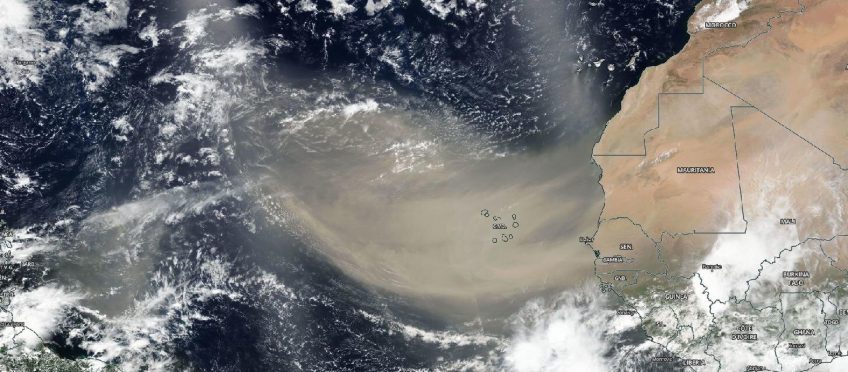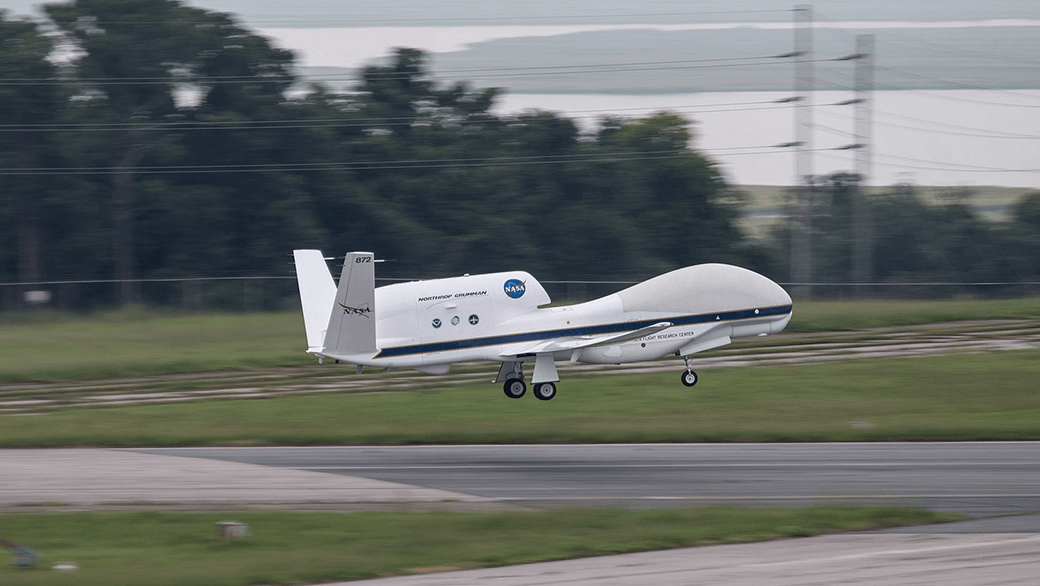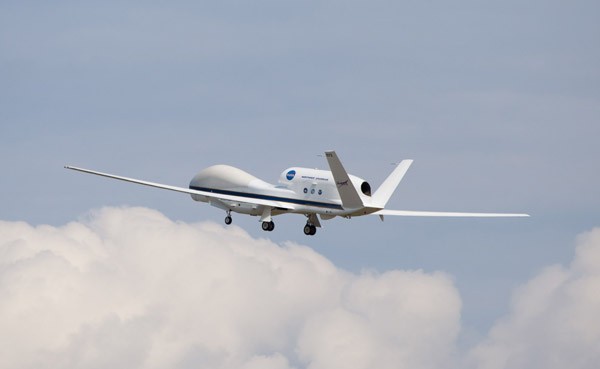The Saharan Air Layer: What is it? Why does NOAA track it?
Originally Published Wednesday, June 24, 2020 at NOAA NESDIS
As we move through the 2020 Atlantic Hurricane Season, you will no doubt hear a lot about the Saharan Air Layer—a mass of very dry, dusty air that forms over the Sahara Desert during the late spring, summer and early fall. This layer can travel and impact locations thousands of miles away from its African origins, which is one reason why NOAA uses the lofty perspective of its satellites to track it.




